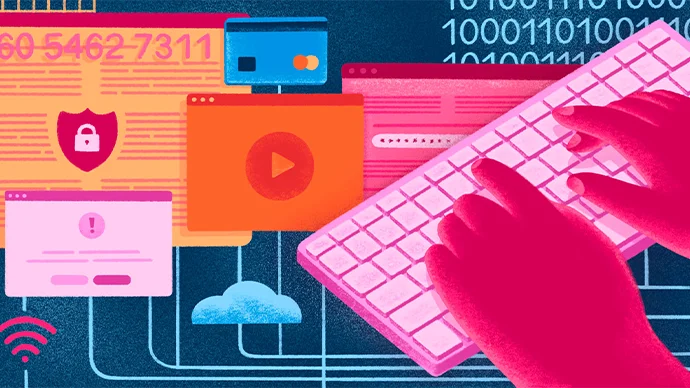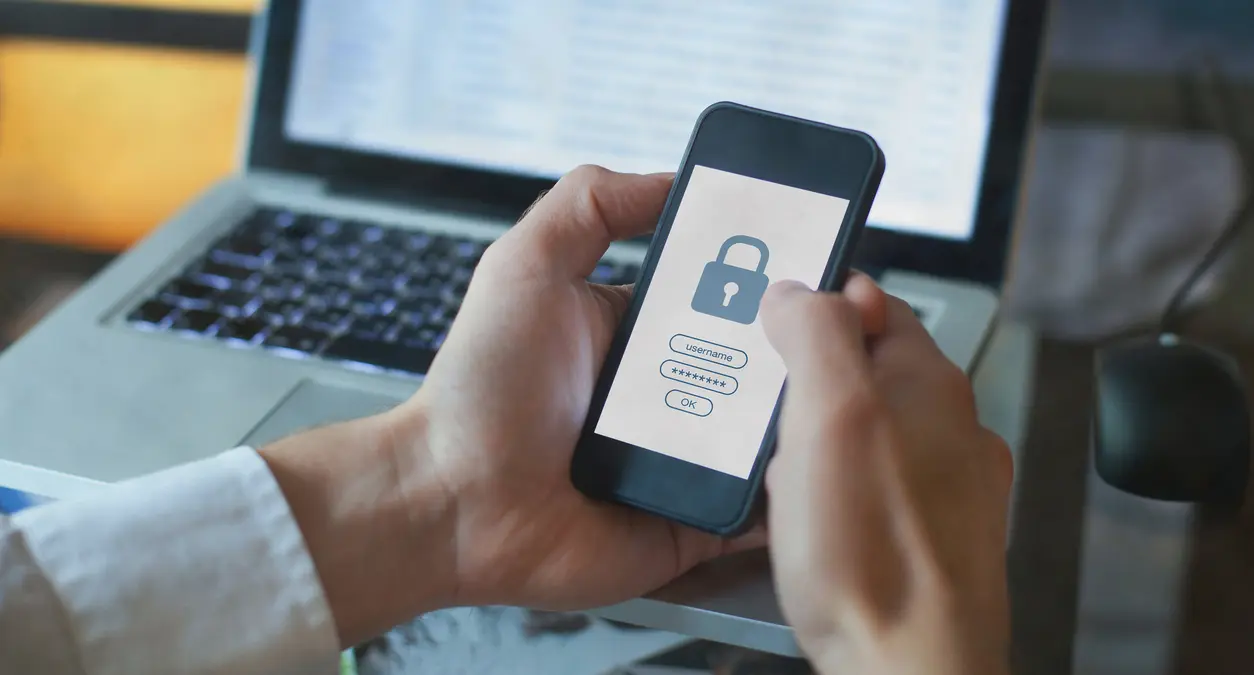
Gift cards are extremely popular, to give as well as to get. They’re a convenient way to treat someone to a meal at their favorite restaurant, purchase an item of their own choosing at a favorite store, or simply to give them cash to use anywhere the card is accepted. Unfortunately, scammers also love gift cards and have come up with creative ways to convince you to purchase cards for them.
In 2021, consumers reported over $148 million lost to gift card scammers. Many consumers reported being contacted by the IRS, Social Security, and power companies who told them they were liable for penalties. Others say they were contacted by Amazon or Apple to pay to continue service. Some say they were contacted by law enforcement and told to pay a fee to avoid a warrant.
In most cases, the scammer attempts to scare or alarm you, claiming something terrible will happen if you don’t pay them immediately. They want you to act quickly so you don’t have time to think it through or to check into the issue further.
You are told payment must be made using a gift card instead of a check or online payment. You don’t need to mail the card; just simply tell them the serial and personal identification numbers on the back.
Here are a few more scenarios gift card scammers use:
- Relative in distress – You receive a call from someone claiming to be a loved one, usually a grandchild. They tell you they have had an accident, or they are stuck in a foreign country unable to get home. They ask you to send money immediately using a gift or a prepaid card.
- Clergy members – They claim they are raising money for a worthy cause. They contact you by phone, text, or email, ask you to purchase gift cards, and give them the numbers.
- Resale or auction sites – Once you have shown interest in an item, the scammer will offer a discount if you buy it with a gift card. You give them the number and never get the item you purchased.
Be suspicious if a government agency, legitimate company, or loved one asks you to pay them with a gift card. If you’re unsure, contact the agency or company using their official website, not a number provided in the questionable message. If it’s someone who claims to be a relative, contact the immediate family and ask them to verify that a payment is needed.
Like cash, once a gift card is handed over to someone, it’s very hard to get the money back. You are not protected from fraud like you are with major credit cards.
If you are contacted by anyone insisting that a payment must be made with a gift card, it’s very likely a scammer.
More Resources
- Buying Gift Cards? Look Out for Scams. (aarp.org)
- Gift Card Scams (consumer.ftc.gov)
Source: cuna.org
Related Articles

Recognizing & Avoiding Scams
Blaze will never call, email, or text asking to provide full account numbers, card numbers, PINs, digital banking credentials, passwords, or verification codes.

Tis the Season to Avoid Online Shopping Rip-offs
Online holiday shoppers, gear up and hunker down. You could fall victim to serious scams unless you know how to distinguish a legitimate site from a rip-off.

Codes are Confidential
Learn about security codes and why you should never share them with anyone.